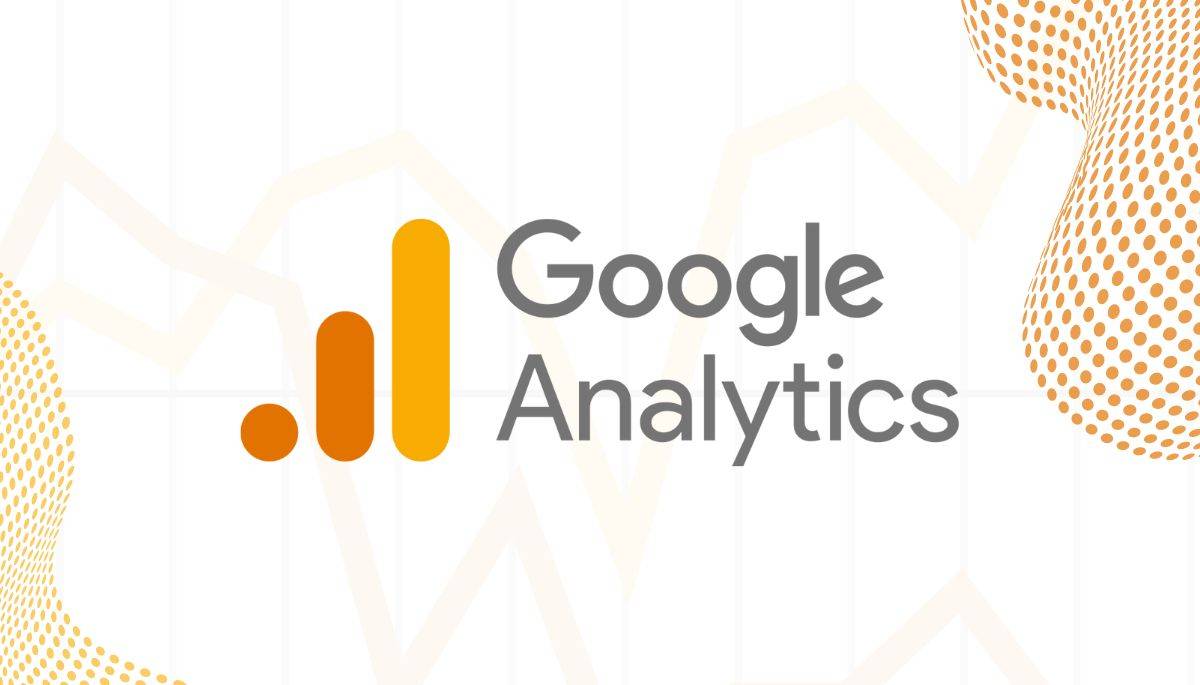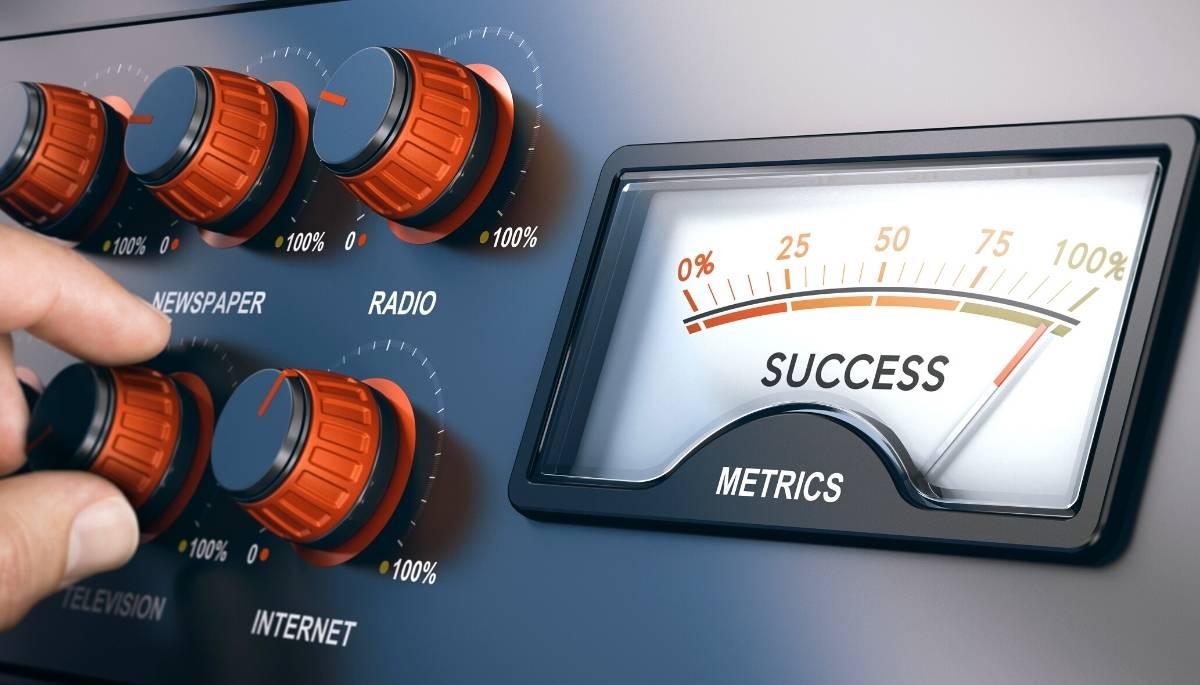
Let’s finally clear things up. What is off-page SEO (also known as off-site SEO)? And does your F&B business really need off-page SEO services to gain online recognition and build a solid clientele?
There are so many reasons your business needs an eCommerce website, particularly with COVID drastically changing consumer behavior and the food shopping landscape worldwide. The F&B industry is experiencing a particularly decisive shift towards eCommerce. Working on your online presence is no longer a matter of debate but one of urgency. According to Forrester Research, food and beverage will lead online sales growth through 2024. The online future isn’t near; it’s already settling in.
But for those who have quickly set up a website and called it a day, things don’t look quite so bright. New eCommerce businesses find themselves swallowed up in an over-competitive web scrape—with SEO as the only way out. We keep insisting on SEO, and yes, it’s that important to your digital survival.
Search Engine Optimization
SEO stands for Search Engine Optimization, essentially a collection of skills, practices, and techniques that render your website easier to discover and index by search engines. Businesses need SEO because they wish to rank higher in online search queries related to their target audiences. Ranking higher means you draw in organic (non-payed) inbound traffic, and, as you’d expect, everyone’s fighting over that.
What is Off-Page SEO?
Now, what’s this off-page SEO thing all about, and why would online businesses need these mysterious off-page SEO services regardless of what they’re selling?
First, let’s clear up the confusion between on-page and off-page SEO. On-page SEO focuses on your internal website structure, its functionality, and the quality of its content. If you’d like to know more about it, check out this blog by Mejix.
In contrast, off-page SEO focuses on how authoritative and popular your website is when measured against other web platforms. Thus, off-page SEO attempts to boost your platform’s popularity, generally quantified in terms of something SEO experts call “domain authority” (we’ll get back to that in a minute).
“Domain” merely refers to the name of a website. But what’s with the authority thingy? Because it’s all starting to sound like internet police. Well, according to SEO specialists, a website’s authority refers to its trustworthiness, credibility, and popularity. These aspects are evaluated by search engines like Google. SEO experts generally believe your platform’s domain authority increases when other authoritative websites link back to you. These are the infamous external links, inbound links, or simply backlinks.

At the end of the day, off-page SEO is an umbrella term for tactics such as external link-building (acquiring links), which aim to boost your website’s authority. But here’s an early warning. Link building is but one of the many, many off-page SEO services you’ll need for your website to rank up higher. Some say that off-site SEO might matter more to search engine rankings than on-site optimization tweaks, but, in reality, you shouldn’t neglect either of the two. In this Backlinko blog, Brian Dean listed no less than 208 factors used by Google to rank websites. And that’s why talking about the “one” Google algorithm can’t quite convey how complex things get with search engines. Bottom line: do your homework, and we mean all of it: on-page and off-page.
Off-Page SEO 101
Now let’s try to understand what off-page SEO is all about by skimming through a few of its core concepts:
1. Domain Authority
Let’s kick it off with something fundamental: Google insiders insist that the search engine uses no such unifying metric like the so-called “domain authority” to rank web pages. And it makes sense when you look at how complex their algorithms seem. Even so, the concept rose to popularity when software company Moz (a giant in on-page and off-page SEO services) launched a metric to predict how likely any given page on a site is to rank. In reality, this is merely useful to internet marketing experts when they perform an SEO overview for a website.
Thus, for that precise reason, domain authority is not necessarily relevant to how Google retrieves search results. We’re saying it’s not rare that a website with low DA outranks one with a high DA for a particular search query. Remember the 200+ factors? Google algorithms aim for one thing: to correctly assesses web pages and retrieve the pages which accurately answer what users are looking for when they type in a query (also known as search intent).
2. Domain Age (+ Doing Things Right)
It’s believed that Google prioritizes older domains in the SERPs because they have stood the test of time, which slowly filters out low-quality or spammy content. In short, being around and doing things right on the web for long enough seems to boost the trust value of your domain.
But, what do we mean by doing things right? Setting up a website and just…leaving it there (skipping frequent maintenance, optimization, and new content generation) is a one-way ticket to the web graveyard. Being around for longer doesn’t boost a platform’s search ranking in itself. Websites, particularly eCommerce stores, need frequent technical and non-technical attention. You’ll have to back up your platform with quality content, keyword and semantic strategies, link-building, proper UX, mobile usability checks, and many, many other things.
The takeaway? It’s more of a combo between age and good practice. The longer you follow SEO best practices, the more chances you have to improve your domain authority (in SEO marketing terms) and, by extension, your SERPs ranking.
3. Linkbuilding: Track & Optimize Backlinks
Now let’s move on to the core of off-page SEO services. Backlinks are links from domains that point to a page on your website. They represent traffic from another website reaching yours, so we can also call them inbound links (the same way we say inbound traffic). We’ve seen that both the quality and number of backlinks pointing to your domain may improve the perceived value of your website as assessed by search algorithms.
The logic’s quite simple: if other platforms on the web – especially competitors – are willing to link to your website (as with in-blog citations) at the expense of losing traffic on theirs, then chances are your content is more likely to contain and deliver real value.
According to Mailchimp, “Backlinks are a cornerstone of great search engine optimization (SEO) and are considered to be critical as ranking factors.” See what we did there? This backlink is going straight to mailchimp.com.
But please remember: not all backlinks are good for your search health — quality heavily outweighs quantity. Among other things, backlinks need to be relevant and come from more “authoritative” websites (i.e., non-spammy) which are also indexed. So don’t be tempted by automated link building, and do not purchase them! Such tactics are deemed illicit and may profoundly hurt your website’s ranking instead (so much for SEO).
Here are some ethical strategies that genuinely work:
- Get in touch with people in your industry and share your content (as with industry forums).
- Focus on creating niched, high-quality content that people can learn from and wish to share further (on their websites or social media networks).
- Create good infographics, like these you keep seeing on Pinterest (just an example of content frequently reposted on the web)
- The Skyscraper Technique
Why Your F&B Businesses Needs Off-Page SEO Services
Still, you might be asking yourself: should off-page SEO services be your top priority right now? Let’s answer this from a foodservice standpoint. Revenue from the e-commerce Food & Beverage industry in the U.S. stood at 18.7 billion USD in 2020, and it’s been estimated that it will rise to 25.7 billion USD by 2025 (figures courtesy of Statista).
Unfortunately, while more and more food businesses are catching on, we’ve also observed a harmful tendency. Business owners may hire a web development agency to design and launch their websites. However, they usually receive no guidance on how to properly maintain it. Such websites will never perform well on the SERPs simply because they lack SEO and other strategies needed to get an online clientele.
What’s more, some digital marketing agencies may perform on-page SEO, but leave off-page SEO services out of the equation. This is unfortunate because new websites that wish to rank higher on Google need off-page SEO services as much as they need on-page tactics (like qualitative content, mobile UX, and on-page keyword strategies).
Our conclusion? Off-page SEO is a powerful tool because it lets search engines know that your website is relevant. And this makes it seem more valuable. When selling products online, particularly consumables, authoritativeness, trustworthiness, and popularity are things that you can’t afford to miss out on.
Takeaways
As we have pointed out, building a solid online presence is imperative to future-oriented F&B businesses. But there’s one issue with new websites. People will sometimes expect instant results, forgetting SEO altogether. Or, better yet, they forget that SEO takes plenty of consistent work and time to perform that work.
As we’ve seen with domain age, having an older website won’t help its Google ranking unless you’ve done your on-page and off-page SEO tasks, both technical and content-related. This is, by no means, something that foodservice business owners can take care of during their scarce free time. Luckily, there are plenty of solutions, such as connecting with digital agencies offering on-page and off-page SEO services. If you’re in the F&B industry, we know the tricks of the trade, so don’t hesitate to reach out.


